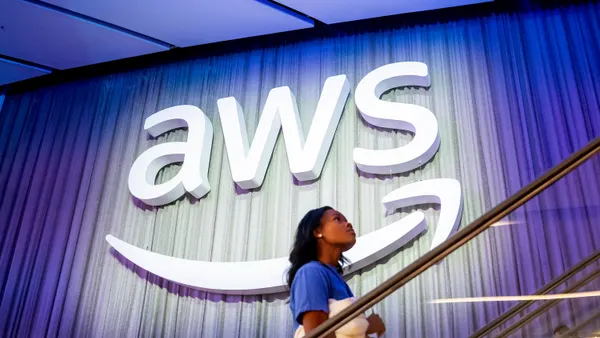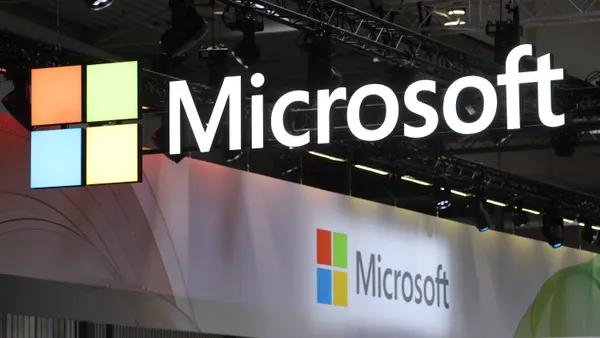Dive Brief:
-
Kaspersky Lab withdrew its European antitrust complaint against Microsoft late last week after Microsoft said it would change how security updates are delivered to Windows users in the upcoming Windows 10 Fall Creators Update, according to Kaspersky.
-
Kaspersky filed the complaint against Microsoft in June, stating that the software giant prevents other makers of security software from fair competition. Microsoft did admit Windows 10 disables the old version of antivirus from third parties like Kaspersky if that software is not compatible with Windows 10, The Verge reports.
-
Expressing gratitude for Microsoft's change, Kaspersy said the move allows for diversity in both corporate partnerships and products. "These changes will include Microsoft providing cybersecurity developers more time to prepare for upcoming Windows updates as well as receive the final Windows builds earlier," Kaspersky said.
Dive Insight:
In it's initial complaint, Kaspersky said Microsoft wanted to reduce competition from antivirus software makers. Kaspersky admitted in its blog that the more a security solution is compatible with an operating system, the less it affects performance and stability. But if companies can only use one security product per software, it may downgrade security.
With new cyberthreats around every corner, security product diversity is necessary. Cybersecurity is not assured, but if companies are forced to use one kind of security solution, it could make it more difficult to defend against threats.
The changes Microsoft intends to make include providing cybersecurity developers more time to prepare for upcoming Windows updates and giving them final Windows builds earlier. This should help ensure better compatibility. Microsoft also agreed to end switch-offs due to incompatibility.
Meanwhile, Kaspersky has faced recent challenges because of the current political climate. Kaspersky Lab products are widely used in the U.S. today, both in the private and public sector. But given increasingly tense relations between the U.S. and Russia, concerns about the company and its access to U.S. computer networks is on the rise.
In May, U.S. officials from multiple intelligence agencies told a Congressional committee that they have genuine concerns that security software made by the Russian company could be used to spy on Americans or attack U.S. computer networks. Kaspersky denied the claims, emphasizing their independence. Even so, U.S. lawmakers are in the process of rethinking U.S. use of the company's security products.












